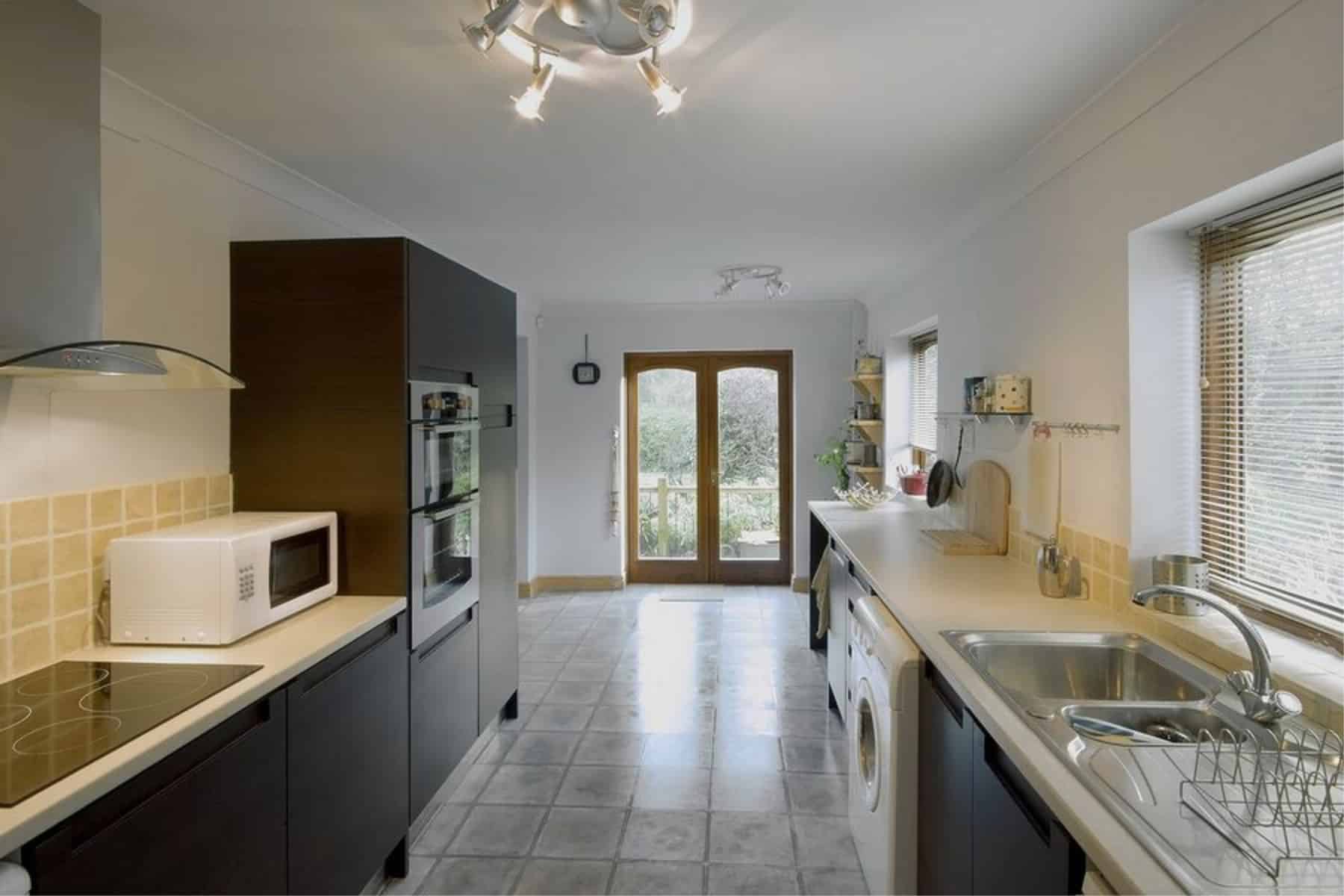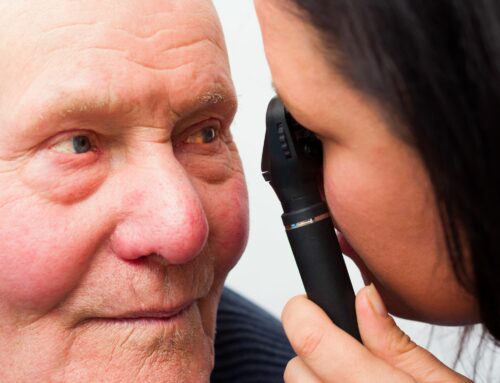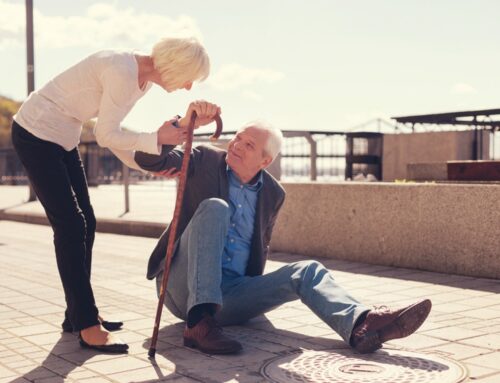1. Avoid rugs and uneven or movable floor coverings. Rugs under tables with corners that can be tripped over and doormats both inside and outside can be huge tripping hazards for those receiving senior care at home. Remove flooring hazards or secure them thoroughly to the ground with an adhesive backing made for this purpose.
2. Lock doors that lead to stairwells. Seniors with cognitive impairments can mistake doorways with stairwells for regular entryways, so be sure to lock any doors that lead to unsafe places. Even doors leading outside should be secured to prevent seniors from leaving the house if they shouldn’t. If your loved one is able to unlock doors leading to places they shouldn’t be, consider installing locks high enough that they can’t reach them.
3. Use sensors on the doors and windows. If locks aren’t working, or for added protection, you can purchase sensors or alarms that are easily installed at doors and windows that you want to prevent your senior from entering. This is helpful in the instance of senior care at home so that a caregiver that is present can hear the alarm if they are in the other room taking care of household chores, for example.
4. Cameras. Installing cameras inside or outside of your senior parent’s home can offer peace of mind to many children of seniors who are worried about them leaving the house or falling. These days, installing cameras is easier than ever and there are many inexpensive options that will allow you to view the areas you have concerns about right from your own cell phone.
5. Hire home health care. If you haven’t already, hiring senior care for your loved one at home is a great way to ensure that they are safe and taken care of at all times. Helping to prevent falls as well as making sure that they correctly take their medications are just a few of the ways that you can ensure that your parent is safer at home.
6. Remove dangerous items. Items that can be dangerous to seniors at home should be removed if at all possible, or at least kept locked or out of reach. Things such as lighters, propane, knives, guns, etc are all hazards that should be removed from the home of seniors.
7. Step-in bathtubs. One thing that can be difficult for seniors as they age or for many with mobility issues is bathing. If you have the means, having a walk-in bathtub installed over their existing bathtub or shower can make personal care much easier for both your senior and their caregivers.
8. Install/Secure handrails. Even for seniors without special mobility issues or requirements, installing or at least securing all existing handrails is a great way to ensure they are safe at home. Make sure both interior and exterior railings and banisters are sturdy and secure so that you can be more confident that your loved one in senior care is going to be able to get around safely.
9. Hide the keys. If you have a loved one that shouldn’t be driving or one that tends to attempt to leave the house, make sure you are keeping all keys, including the caregiver’s keys in a safe place where they do not have access to them.
10. Make sure they can call you. If there are any times when your senior will be home alone without their caregivers there, make sure they have a way that they can call for help. Whether it be a portable house phone, a cell phone, or a device that they can press that will alert authorities, make sure they know what to do in an emergency and that they have access to it so that they can use it if needed.






